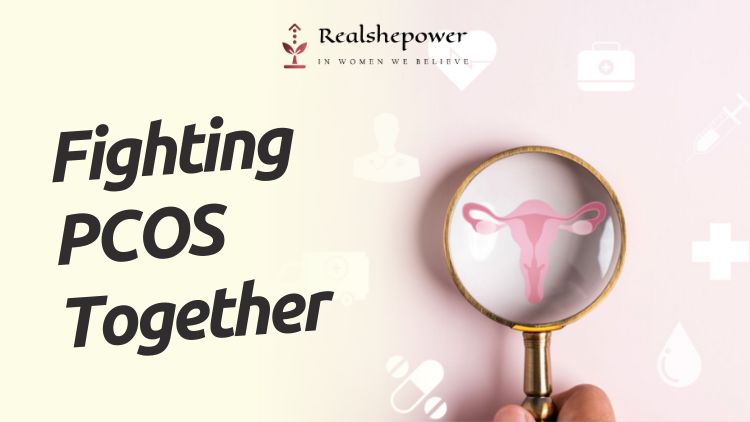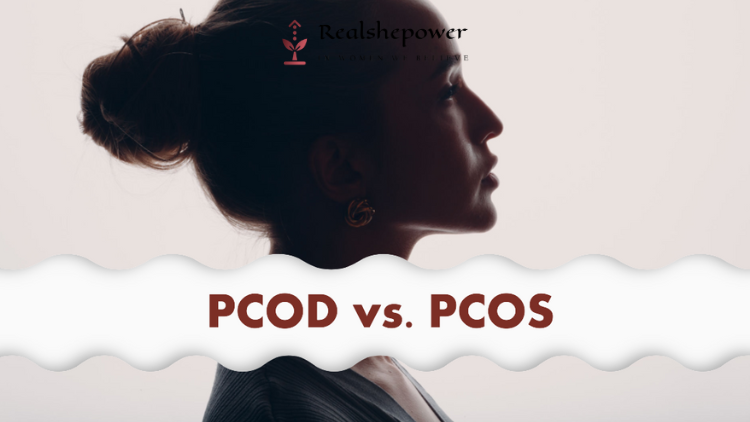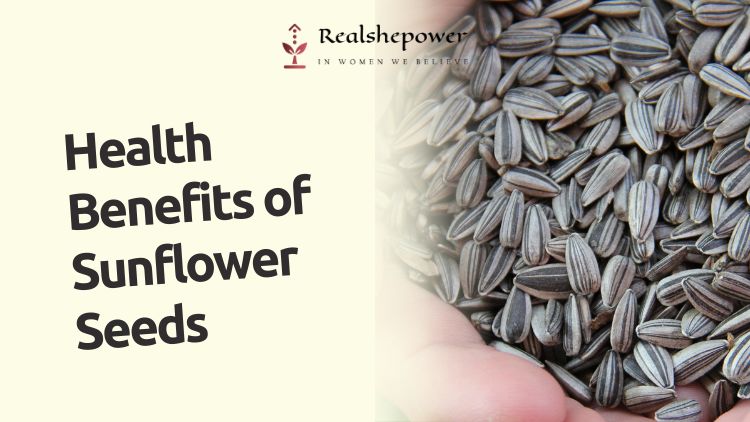Understanding PCOS: Causes, Symptoms and Treatment


Polycystic Ovary Syndrome (PCOS) is a common hormonal disorder that affects millions of women worldwide. It is estimated that 1 in 10 women of reproductive age has PCOS, making it one of the most common hormonal disorders in women. Despite its prevalence, however, many women are not aware of the condition or how to manage its symptoms. This article aims at understanding PCOS, including its causes, symptoms, diagnosis, and treatment options.
Table of Contents
- PCOS affects up to 10% of women of reproductive age worldwide.
- It is a hormonal disorder that can cause a range of symptoms, including irregular menstrual cycles, hormonal imbalances, weight gain, and infertility.
- PCOS is caused by a combination of genetic and environmental factors.
- Women with PCOS are at higher risk for developing type 2 diabetes, heart disease, and certain cancers.
- Lifestyle changes, medications, and fertility treatments can all be effective ways to manage PCOS.
Causes of PCOS
The exact cause of PCOS is not yet fully understood, but it is believed to be a combination of genetic and environmental factors. One of the main factors contributing to PCOS is insulin resistance, a condition in which the body’s cells do not respond properly to insulin. Insulin resistance can lead to the overproduction of insulin, which can in turn lead to an overproduction of androgens (male hormones) such as testosterone. This can result in a hormonal imbalance, which can cause a range of symptoms associated with PCOS.
Other factors that may contribute to the development of PCOS include obesity, inflammation, and hereditary factors. Women who have a family history of PCOS are also more likely to develop the condition.
Symptoms of PCOS
The symptoms of PCOS can vary from woman to woman, but some of the most common symptoms include:
- Irregular menstrual cycles: Women with PCOS may have infrequent or prolonged periods, or may experience heavy or painful periods.
- Hormonal imbalances: PCOS can cause an overproduction of androgens, which can lead to acne, excessive hair growth, and male-pattern baldness.
- Fertility issues: Women with PCOS may experience difficulty getting pregnant due to irregular ovulation.
- Weight gain: PCOS is often associated with weight gain, particularly in the abdomen.
- Insulin resistance: Women with PCOS are at an increased risk of developing type 2 diabetes due to insulin resistance.
- Sleep apnea: PCOS has also been linked to an increased risk of sleep apnea, a condition in which breathing is interrupted during sleep.
Read: PCOD and PCOS: Dietary Habits and Lifestyle Changes to Manage Symptoms

Diagnosis of PCOS
PCOS can be difficult to diagnose, as the symptoms can vary widely from woman to woman. However, there are several diagnostic criteria that doctors use to identify the condition. These include:
- Irregular menstrual cycles: Women with PCOS may have fewer than eight menstrual cycles per year, or cycles that are longer than 35 days.
- Elevated androgen levels: Women with PCOS may have high levels of androgens such as testosterone.
- Ovarian cysts: Women with PCOS may have enlarged ovaries with multiple small cysts.
In order to diagnose PCOS, your doctor may perform a physical exam, blood tests to measure hormone levels, and an ultrasound to examine your ovaries.
Treatment of PCOS
While there is no cure for PCOS, there are several treatment options available to help manage its symptoms. These include:
- Lifestyle changes: Making changes to your diet and exercise habits can help to manage symptoms such as weight gain and insulin resistance. Losing even a small amount of weight can help to regulate menstrual cycles and improve fertility in women with PCOS.
- Medications: There are several medications that can be used to treat PCOS, including birth control pills to regulate menstrual cycles, anti-androgen medications to reduce the production of androgens, and medications to improve insulin sensitivity.
- Fertility treatments: Women with PCOS who are struggling with infertility may benefit from fertility treatments such as ovulation induction, in vitro fertilization (IVF), or intrauterine insemination (IUI).
It’s important to work closely with your doctor to develop a treatment plan that is tailored to your individual needs and symptoms.
Living with PCOS
Living with PCOS can be challenging, but it’s important to remember that you’re not alone. There are many resources available to help you manage your symptoms and improve your quality of life. Support groups, online forums, and counseling services can all be valuable tools for women with PCOS.
If you suspect that you may have PCOS, it’s important to speak with your doctor. Early diagnosis and treatment can help to prevent long-term complications and improve your quality of life. With the right treatment and support, women with PCOS can lead happy, healthy lives.
PCOD vs PCOS: Understanding the Differences

Polycystic ovary disease (PCOD) and polycystic ovary syndrome (PCOS) are two conditions that are often used interchangeably, but they are not the same thing. Both conditions are caused by hormonal
10 Foods Every Woman with Diabetes Should Eat for Better Health

In this article, we will explore 10 foods every woman with diabetes should eat for better health. From leafy greens to fatty fish, let’s dive in and discover the power of food to help us live our best lives!
Exercise Routine for Women Over 30 to Lose Weight and Improve Health

Exercise plays a crucial role in maintaining a healthy weight, especially as we age. However, with busy schedules and work commitments, it can be challenging for women in their 30s to find time to exercise
You can now write for RSP Magazine and be a part of the community. Share your stories and opinions with us here.








